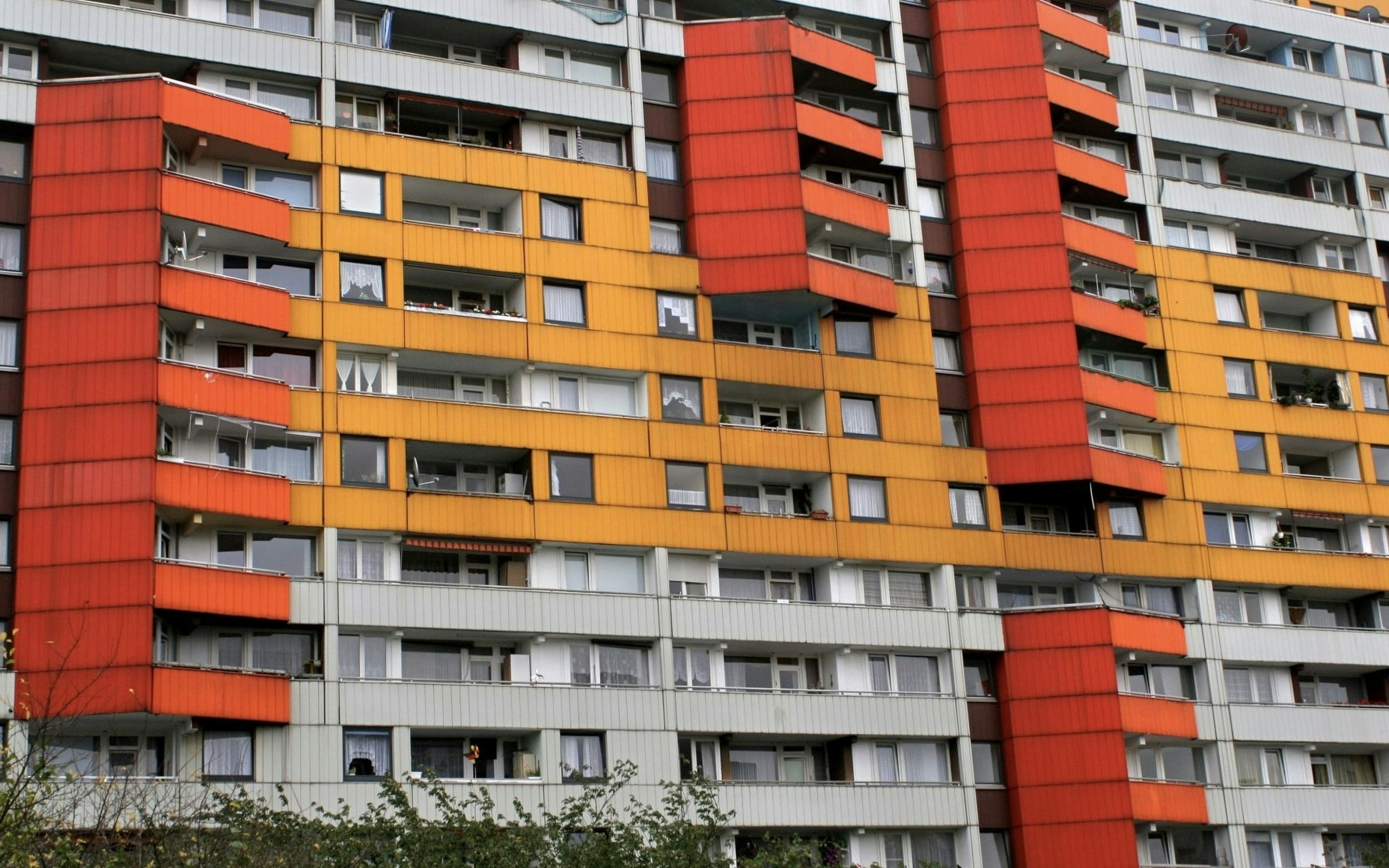The demands regarding social housing remain ambitious and reality is falling behind, as a short study by the German Economic Institute (IW) shows. By the year 2035, approximately 40,000 social housing units will be taken out of the existing stock, requiring a renewal of 519,000 housing units - this corresponds to an annual construction of more than 40,000 apartments. "It is not a good time for the construction of social housing," says Philipp Deschermeier, researcher at the IW for housing policy and real estate economics. The increased cost of living further exacerbates the pressure.
The Federal Government aims to build 100,000 social housing units annually, but only one quarter was reached in 2022. According to Deschermeier, it is not possible to determine the exact demand for social housing, as the government's goal is a normative measure. "The housing that is lacking in North Rhine-Westphalia may be excess elsewhere," he explains.
Especially affected by the slow development of social housing are young people. In order to help them, programs such as "Youth Housing" have been implemented, which are specifically designed to create new living space for trainees and students. However, due to the uncertainty following the Federal Constitutional Court's ruling on the federal budget for 2024, the program, which is subsidized with half a billion euros from 2023 onwards, is now uncertain.
"If it is not extended, it affects a group that already has a hard time in the housing market. It competes with commuters and high-income singles," warns Deschermeier and calls for stable support for these programs.
Possibly, subsidized social housing construction may become more attractive in the near future. "In a phase of high uncertainty, it can be an option for some investors," says Deschermeier. This is especially true as subsidies are being eliminated in the private housing construction industry.
The rent and occupancy of social housing are regulated by the state, and only needy individuals are allowed to live there. However, after a certain period of time, such as 30 years, these apartments are released from this restriction and can be rented out at higher prices. Although it is the responsibility of the states to build social housing, the construction is largely subsidized by the federal government.










